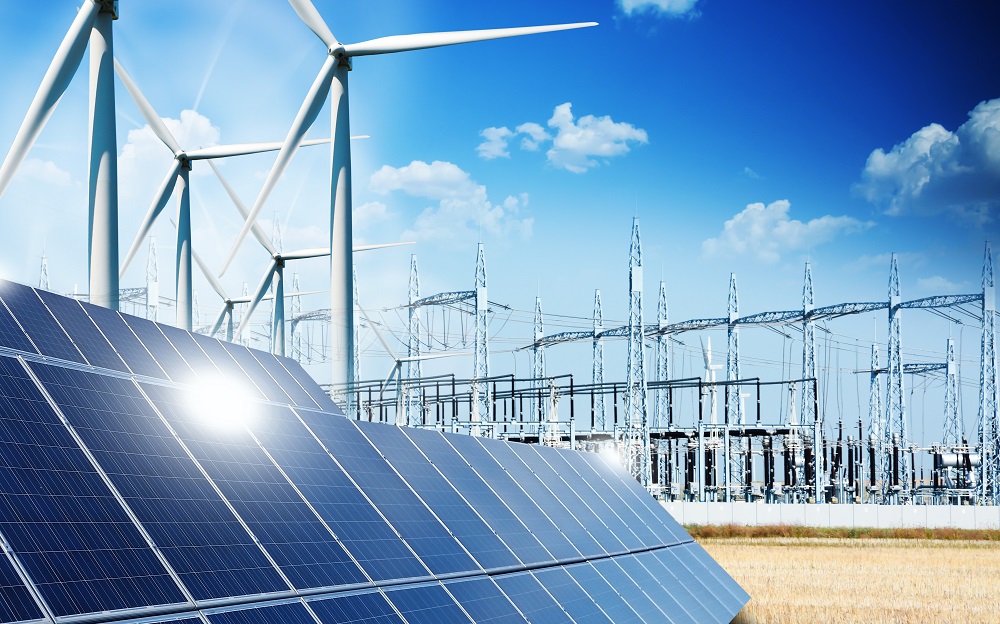
Jul . 26, 2024 06:46 Back to list
Exploring Innovations and Trends in Cell Manufacturers for the Future of Technology Development
The Evolution and Impact of Cell Manufacturers in the Modern Tech Landscape
In today's fast-paced technological landscape, the importance of cell manufacturers cannot be overstated. These entities are the backbone of smartphone, tablet, laptop, and other electronic device production, creating the essential components that enable our increasingly mobile and interconnected lifestyles. The evolution of cell manufacturing, driven by advancements in technology and consumer demand, has transformed the industry and holds significant implications for the future.
Cell manufacturing refers to the production of batteries or power cells that store and provide energy to portable electronic devices. Traditionally dominated by a few key players, the market has grown more competitive over recent years, with numerous new entrants emerging and established companies continuously innovating to maintain their market share. The basic process of cell manufacturing includes the formulation of active materials, electrode design, assembly, and rigorous testing to ensure safety and performance. The rise of electric vehicles (EVs) and renewable energy solutions has only accentuated the need for efficient and effective battery production.
One of the major trends in cell manufacturing is the growing shift towards lithium-ion (Li-ion) batteries. These batteries are favored for their high energy density, lightweight nature, and ability to recharge quickly. As the demand for smartphones and electric vehicles skyrockets, manufacturers have invested significantly in research and development (R&D) to improve the efficiency and longevity of Li-ion cells. Innovations such as solid-state batteries, which promise enhanced safety and performance, are on the horizon, with many manufacturers prioritizing their development.
The environmental impact of cell manufacturing has also come under scrutiny, as the mining of lithium and other materials can lead to ecological degradation. Companies are increasingly adopting sustainable practices, focusing on recycling and reusing materials to lessen their carbon footprint. Various industries are collaborating to create closed-loop supply chains, where used batteries can be repurposed, thereby diminishing the extraction of new resources and reducing waste.
cell manufacturer

In the context of cell manufacturers, geographical dynamics play a crucial role. Countries like China, South Korea, and Japan have established themselves as powerhouses in battery production, primarily driven by their investments in technology and infrastructure. However, the global landscape is shifting as countries such as the United States and those in Europe ramp up their production capabilities to foster domestic supply chains and reduce dependence on foreign suppliers. This trend is particularly evident with the U.S. government's focus on supporting local manufacturers through subsidies and grants, encouraging innovation while bolstering national security.
Moreover, the rise of electric vehicles has catalyzed the growth of cell manufacturers, creating new business opportunities and partnerships between automakers and battery producers. Companies like Tesla have entered the battery production space, creating proprietary technology that integrates seamlessly with their vehicles. This not only drives innovation but also ensures a more controlled and optimized production process tailored to specific vehicle requirements.
The competitiveness of the cell manufacturing sector has led to a relentless race for technological superiority. Manufacturers are exploring emerging technologies, such as artificial intelligence (AI) and machine learning, to streamline production processes, improve product quality, and enhance supply chain management. This technological integration has the potential to revolutionize not just cell manufacturing, but the broader electronics industry as well.
In conclusion, cell manufacturers play a pivotal role in shaping the modern technological landscape. Their evolution, driven by consumer demand and innovation, emphasizes the need for sustainable practices and localized supply chains. As technology continues to advance and electric vehicles gain popularity, cell manufacturers will be at the forefront of this transformation, influencing not only the future of energy storage but also the very way we interact with the devices that power our daily lives. The implications of their growth will resonate across various industries, marking a significant shift towards a more sustainable and connected future.
-
Advanced AI Energy Management with GPT-4 Turbo
NewsAug.02,2025
-
AI-Powered EMS with GPT-4-Turbo | Efficiency Boost
NewsAug.01,2025
-
Optimized Storage System for GPT-4-Turbo | High Performance
NewsJul.31,2025
-
AI Energy Management System w/ GPT-4 Turbo Efficiency
NewsJul.31,2025
-
High-Performance Energy Storage System for Reliable Power Solutions
NewsJul.30,2025
-
Advanced EMS Solutions for Energy Management System & Storage Battery Companies
NewsJul.29,2025























